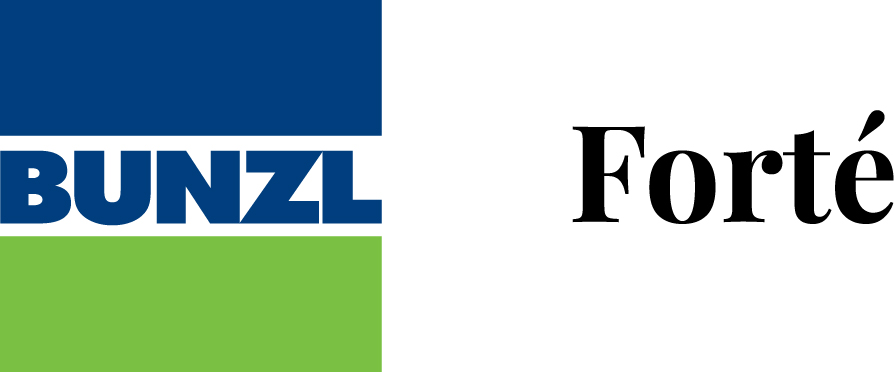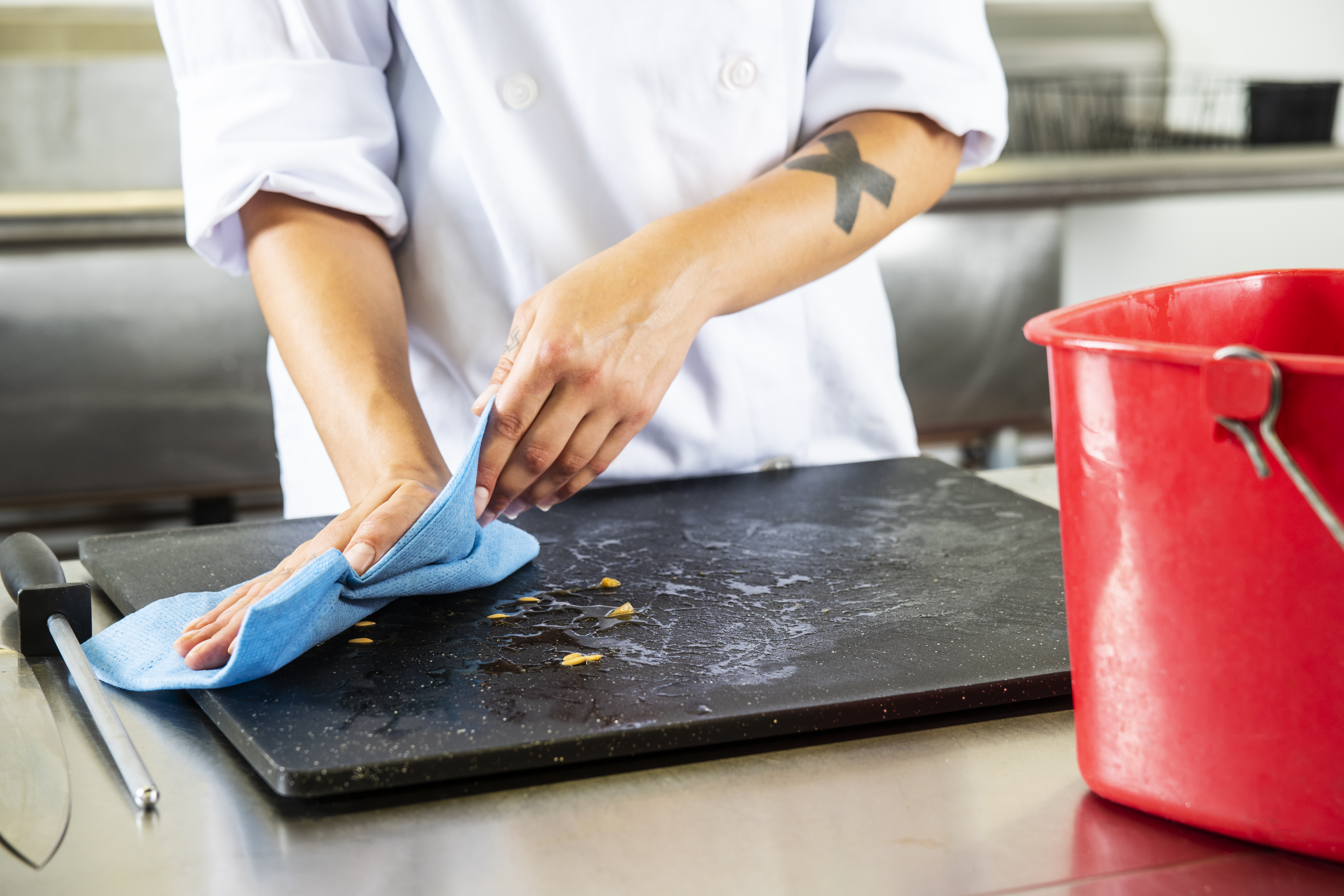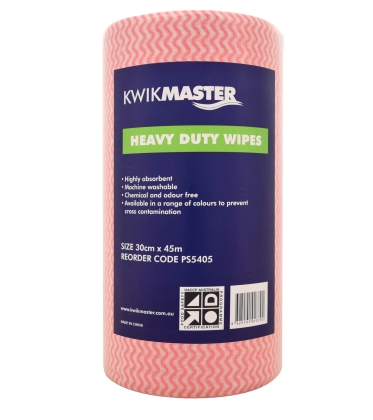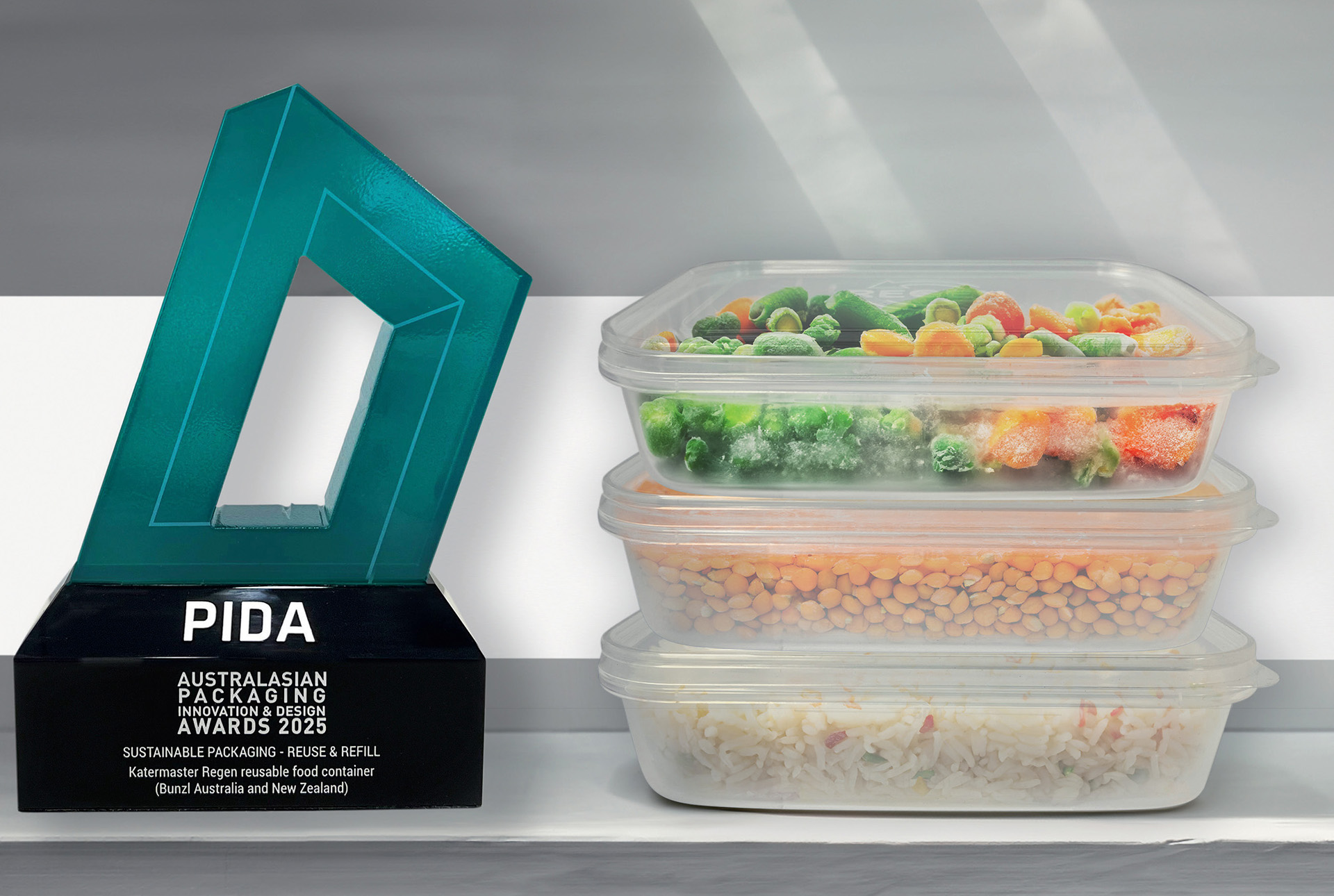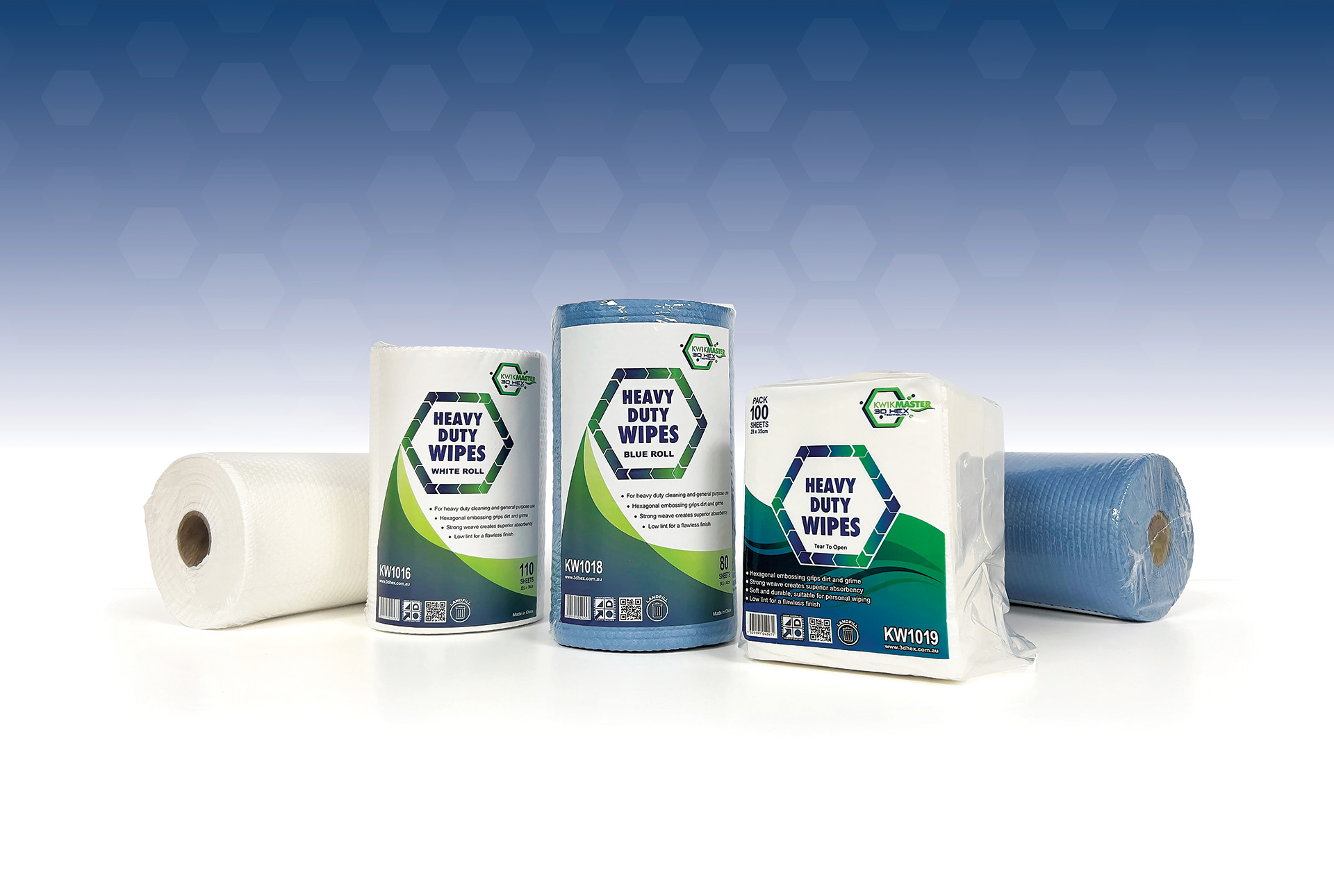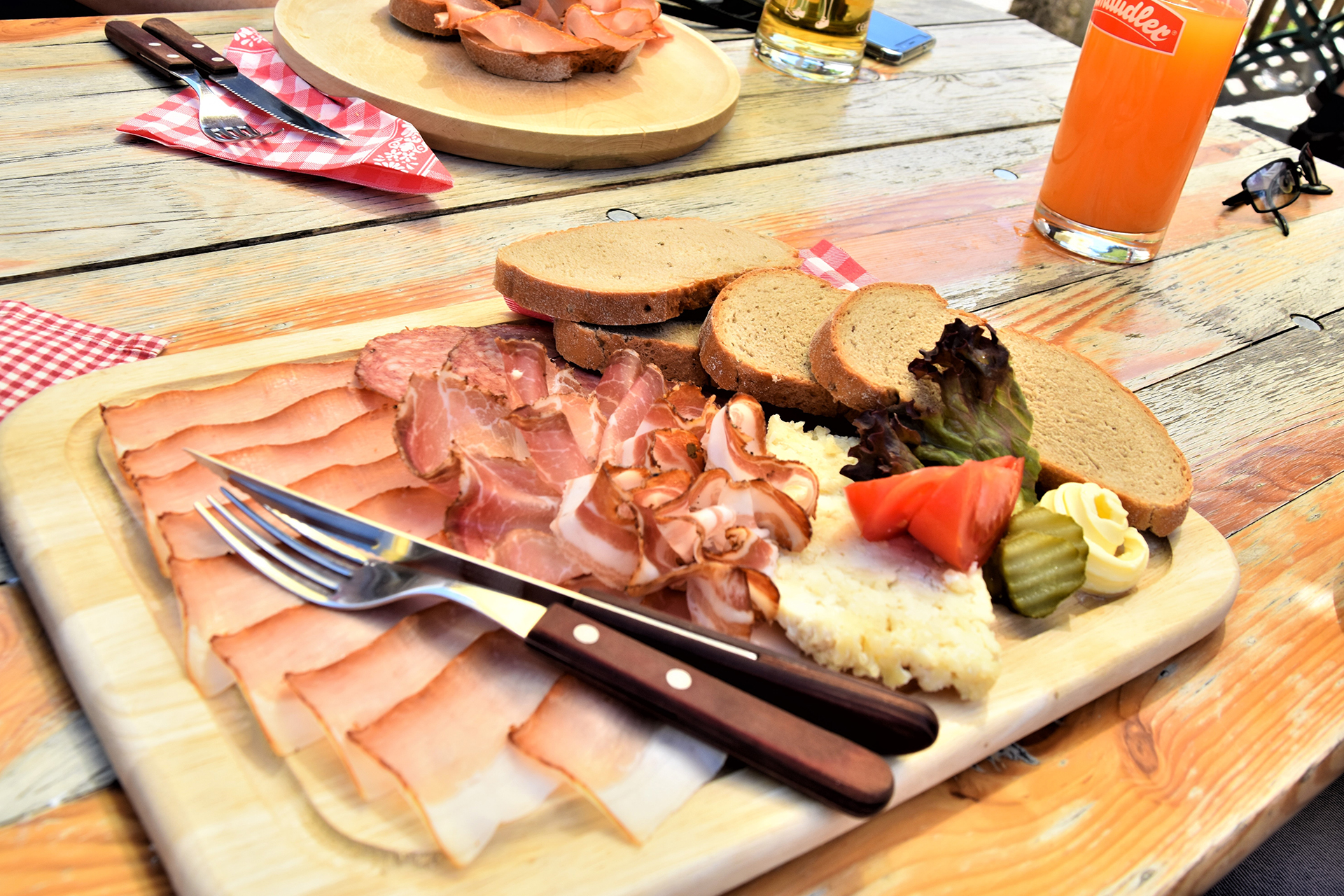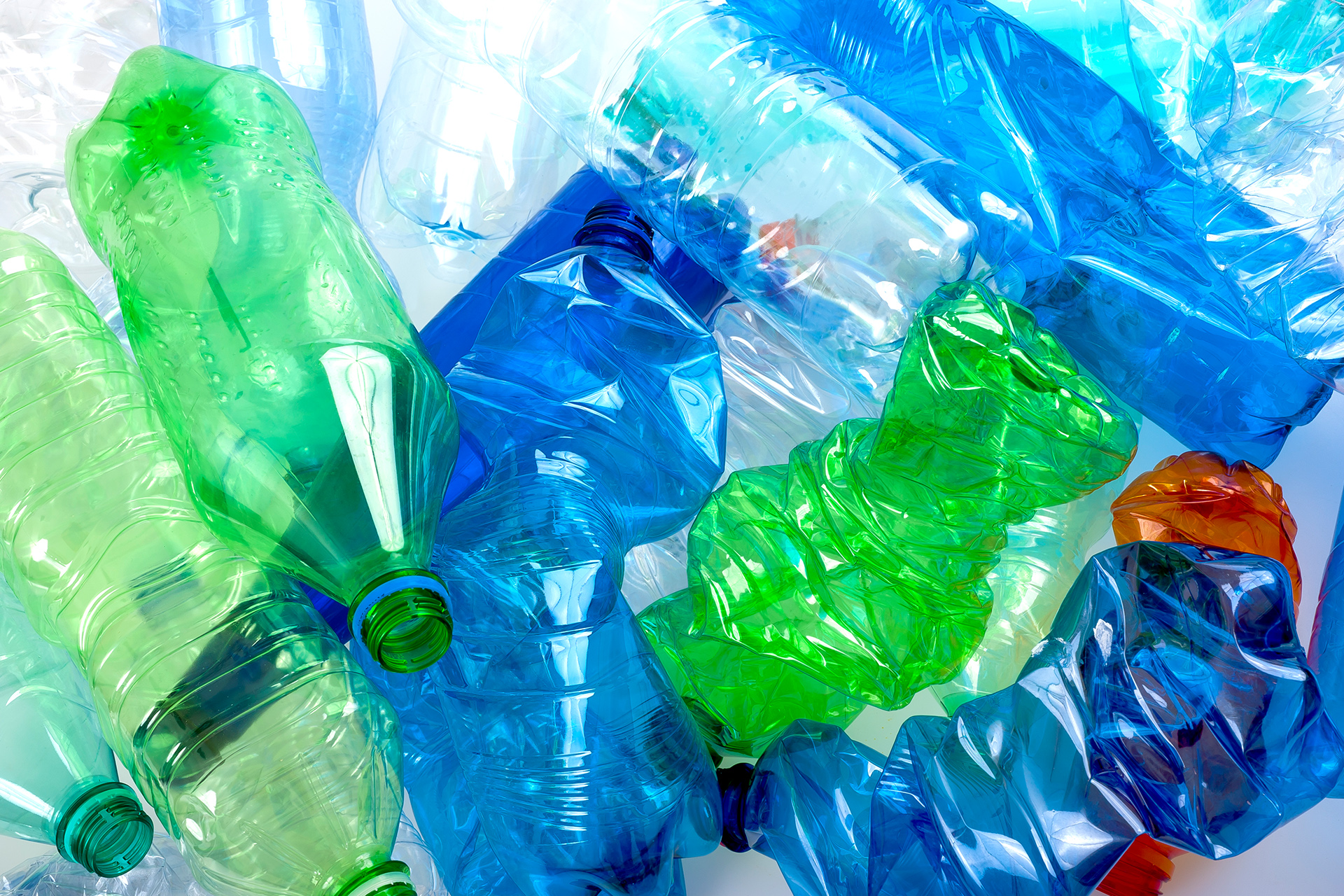If you work in the catering industry, you’re going to have heard of the terms Food Zone Primary (FZP) and Food Zone Secondary (FZS). But do you actually know the ins and outs of these important classifications? Here’s a guide.
In the Zone
Let’s start at the top. The methods of identifying, evaluating and controlling food safety and risk are laid out in the internationally accepted Hazard Analysis and Critical Control Point (HACCP) system. At its essence, HACCP is about giving practical knowledge to businesses to ensure the way they handle food is safe. HACCP principles are mandatory for most food businesses in Australia, and offer certification for equipment, materials and services based on a food zone classification system. Within this system, each item is evaluated for its suitability of use in the different zones of food-handling facilities.
The zones cover common items that are used in facilities where food is made. So, FZP (Food Zone Primary) items can be used in the “food zone” – i.e., where food is being prepared – and are suitable for contact with food. These products include disposable gloves, probe thermometers, conveyor belts, piping bags, utensils, cutting boards, baking paper and food-storage containers. FZS (Food Zone Secondary) items can touch food contact surfaces but should not directly touch food. Cleaning cloths and non-woven wipes, scour pads, hard-surface sanitisers, food-packaging labels and washing-up detergent are all examples of FZS items.
There are other classifications too, including SSZ (Splash or Spill Zone) items which can be used in food-handling areas such as kitchens and production and processing areas, but can’t come into contact with food or an item that will touch food. SSZ products include things like floor mats, hand-soap dispensers, light fittings, extraction hoods, mops, floor-surfacing materials and hair nets.
Finally, there’s the NFZ (Non-Food Zone) items, which can be used in and around food-handling facilities and that make a contribution to food safety, but aren’t suitable for use in areas where unpackaged food is handled. Think rodenticides, temperature-monitoring software, laundry equipment and insecticides.
On Duty
Leading brands, including Kwikmaster, recognise the importance of the HACCP International system. Which is why their range of Versatile Wipes, in regular and heavy-duty versions, meet strict guidelines and are suitable for use in FZS zones.
The range is colour coded so you can create a system for what can be used where – for example, you might use red for raw meat prep areas, yellow for fruit/ vegetable prep areas and green for cleaning appliances. This ensures that germs aren’t spread from one surface to another. The range is antibacterial, highly absorbent, strong, economical and machine-washable.
